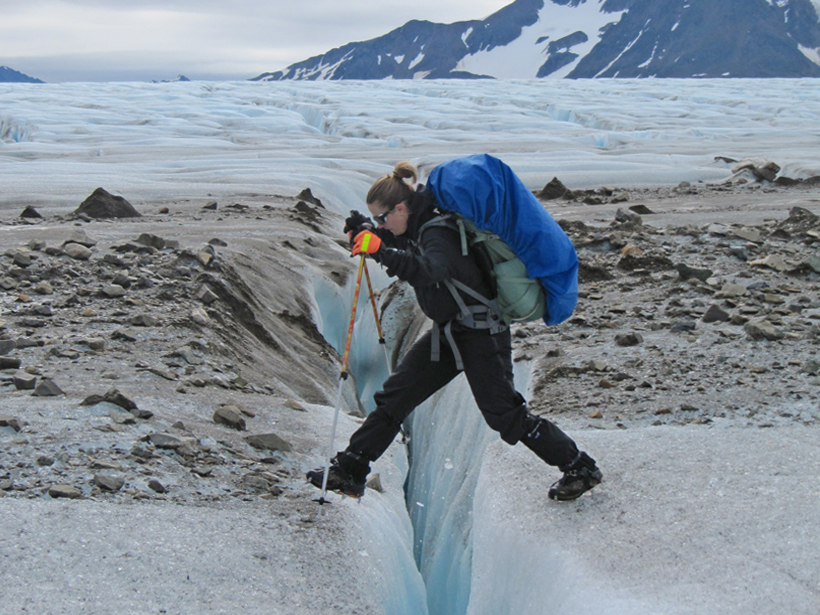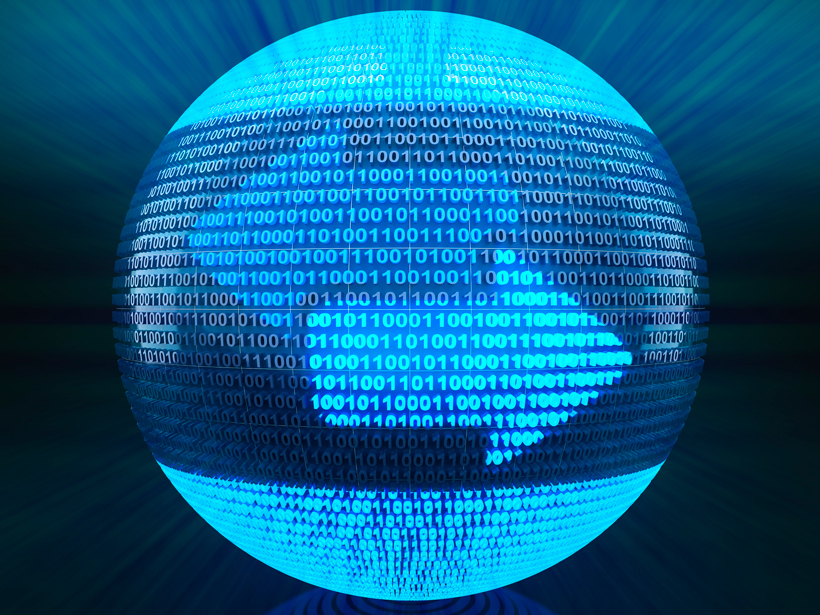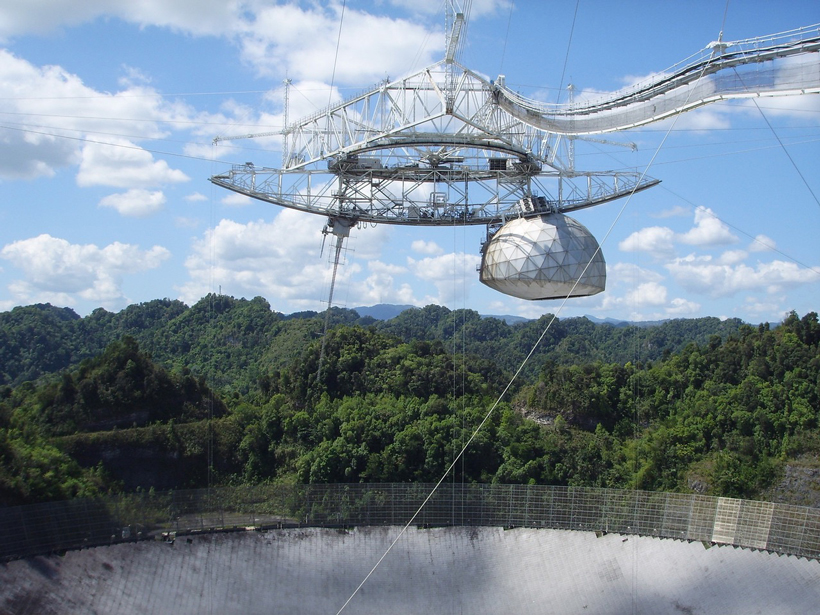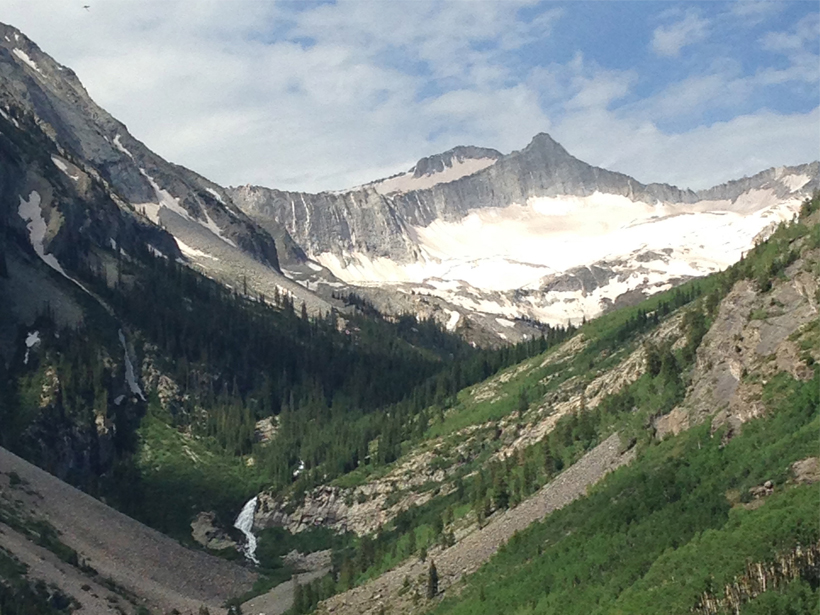When science can show that the poorest among us are suffering first and worst from human-induced climate change, religions can motivate people of faith to care and to act.
Opinion
Diversifying Skills and Promoting Teamwork in Science
Truly innovative research requires intellectually diverse teams of scientists who are encouraged to excel in the tasks where their talents lie.
Gender Diversity in Cryosphere Science and Awards
A focus group’s executive committee asks whether the number of accolades given to women reflects the demographics of scientists within the field, from students to senior researchers.
Embracing Open Data in Field-Driven Sciences
Allowing data to be reused and research results to be replicated fosters innovation, high-quality research, and public trust in science.
Creating Local Support Networks for Graduate Student Women
Regional groups can help advance the careers of women in science and combat the biases and policies that continue to drive them from the field.
The Case for Multiuser Facilities
As federal agencies look to slash costs, facilities become obvious targets. But cutting funds to these vital programs may have far-reaching consequences.
Steps to Building a No-Tolerance Culture for Sexual Harassment
The American Geophysical Union can lead the way in building an environment where sexual and other types of harassment have no place.
Understanding Ecosystem Services from a Geosciences Perspective
Assessment of ecosystem services—the benefits society receives from ecosystems—can be improved by including broader spatial and temporal scales of geosciences perspectives.
Call Scientists Before Disaster Strikes
When governments respond to natural disasters, experts with some of the greatest potential to help—scientists—are often missing in action. It's time to change that.
Geochronology: It's About Time
Chronology is at the heart of all geosciences, but its ubiquity has given it an image of a useful tool rather than a foundational discipline of its own.










